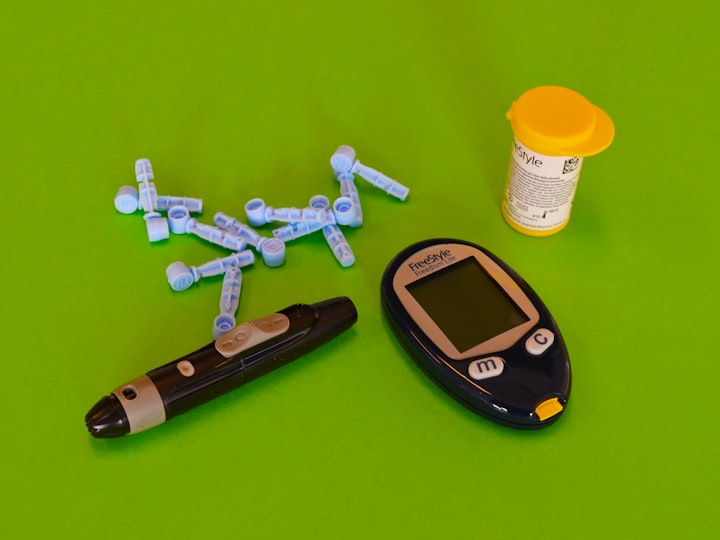
Understanding Types, Symptoms, Risk Factors, and Treatment
Introduction:
Diabetes is a chronic metabolic disorder that affects millions of people worldwide. It occurs when the body is unable to effectively regulate blood sugar (glucose) levels, leading to elevated levels that can have detrimental effects on various organs and systems. In this comprehensive article, we will explore the different types of diabetes, their symptoms, risk factors, and available treatment options to help individuals better understand and manage this condition.
Types of Diabetes:
There are three primary types of diabetes: type 1, type 2, and gestational diabetes. Type 1 diabetes occurs when the immune system mistakenly attacks and destroys the insulin-producing cells in the pancreas. Type 2 diabetes, which is more common, develops when the body becomes resistant to the effects of insulin or fails to produce enough insulin. Gestational diabetes occurs during pregnancy and typically resolves after childbirth. It is essential to differentiate between these types, as treatment approaches may vary.
Common Symptoms:
The symptoms of diabetes may vary depending on the type and individual factors. However, there are common signs to be aware of, including excessive thirst, frequent urination, unexplained weight loss, constant fatigue, blurred vision, slow-healing wounds, and recurrent infections. It is important to note that some people with type 2 diabetes may not experience noticeable symptoms initially, which is why regular check-ups and screenings are crucial for early detection.
Risk Factors:
Several factors can increase the risk of developing diabetes. For type 1 diabetes, genetic predisposition and family history play a significant role. Type 2 diabetes is influenced by a combination of genetic and lifestyle factors, such as obesity, sedentary lifestyle, poor diet, and age. Other risk factors include high blood pressure, abnormal cholesterol levels, gestational diabetes during previous pregnancies, and a history of cardiovascular disease.
Diagnosis:
Diagnosing diabetes involves various tests that measure blood sugar levels. The most common diagnostic tool is the fasting plasma glucose (FPG) test, which measures blood sugar levels after an overnight fast. Another method is the oral glucose tolerance test (OGTT), which involves measuring blood sugar levels before and two hours after consuming a glucose-rich drink. Glycated hemoglobin (A1C) testing is also used to assess long-term blood sugar control.
Treatment Options:
The goal of diabetes treatment is to maintain blood sugar levels within a target range to prevent complications and promote overall well-being. Treatment plans may include lifestyle modifications, medication, and, in some cases, insulin therapy. Lifestyle changes often include adopting a healthy diet, regular exercise, weight management, and stress reduction. Medications such as oral antidiabetic drugs and insulin may be prescribed to regulate blood sugar levels effectively.
Complications and Prevention:
Uncontrolled diabetes can lead to various complications, including cardiovascular disease, kidney damage, nerve damage (neuropathy), eye problems, foot ulcers, and an increased risk of infections. Preventing these complications involves diligent management of blood sugar levels, regular medical check-ups, adherence to prescribed medications, and lifestyle modifications. A healthy diet, regular physical activity, maintaining a healthy weight, and avoiding tobacco and excessive alcohol consumption can also help reduce the risk of complications.
Research and Advancements:
Research in the field of diabetes is ongoing, with the aim of improving treatment options and finding a cure. Scientists are investigating new medications, advanced insulin delivery systems, artificial pancreas development, and potential stem cell therapies. Additionally, technology advancements have led to the development of continuous glucose monitoring systems and insulin pumps, which enhance diabetes management and provide valuable data for informed decision-making.
Conclusion:
Diabetes is a complex chronic condition that requires ongoing management and care. Understanding the different types, recognizing the symptoms, and being aware of the risk factors can help individuals





Comments
There are no comments for this story
Be the first to respond and start the conversation.